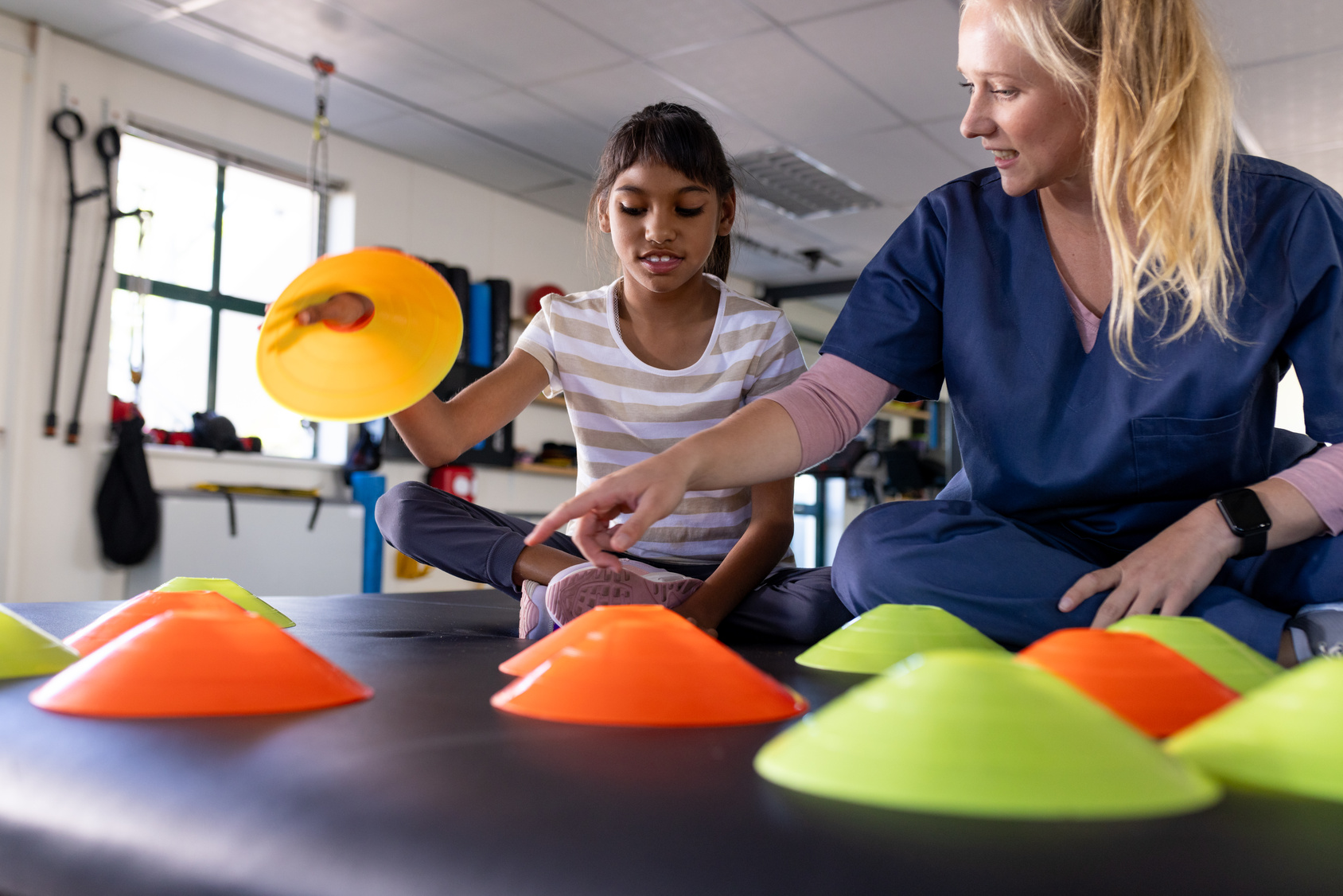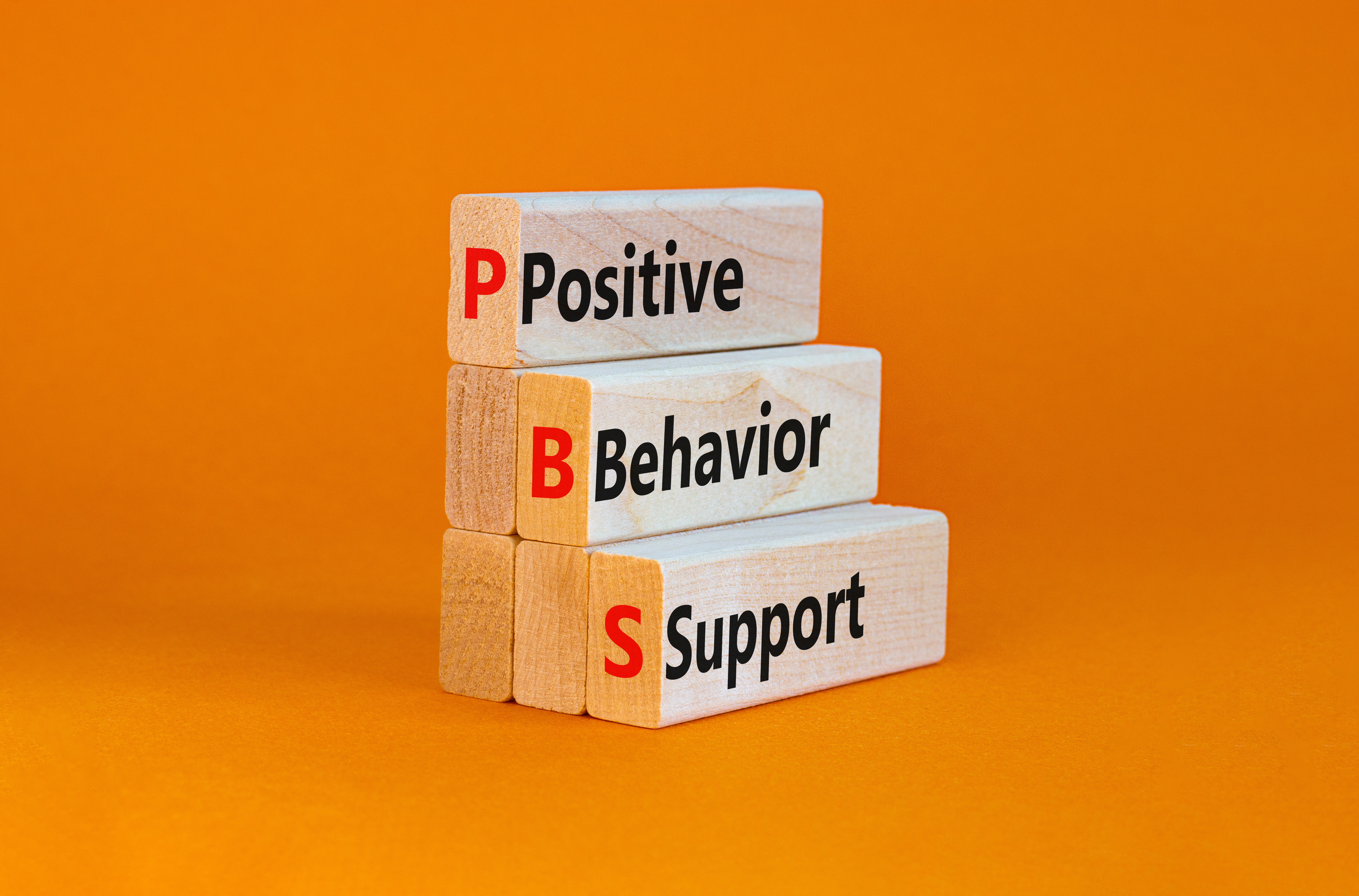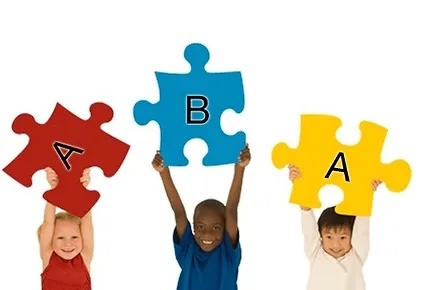RELATED SERVICES

Speech Services
INFORMATION COMING SOON

Occupational Therapy Services
INFORMATION COMING SOON

Physical Therapy Services
INFORMATION COMING SOON

Social Work Services
INFORMATION COMING SOON

Behavioral Services
Positive Behavioral Interventions and Supports (PBIS) represents a research-backed, multi-tiered approach designed to enhance students' behavioral, academic, social, emotional, and mental health outcomes. When executed with precision, PBIS fosters improvements in social-emotional skills, academic achievement, and the overall school environment. Additionally, it contributes positively to the health and well-being of educators. This framework aims to establish positive, predictable, equitable, and secure learning settings in which all individuals can flourish. Within each tiered support system, data should be collected in order to determine the effectiveness of this level of support for each student. Data will also help the team determine if more restrictive/intensive interventions are necessary (IEP/504 plan, additional adult support, BCBA support, FBA completed, etc.)
PBIS Tier Support System:
Tier I Supports Universal, Primary Prevention (ALL): This level of support provides support to everyone- students, educators and staff across all settings within the school. Most students (roughly 80%) are able to be successful within tier 1.
Whole School/Class:
Clear expectations for all students
Whole class earn/reward system (everyone completes work they get a marble in a jar toward a reward)
Classroom jobs
Expectations signage across all school settings
School-wide rewards (tiger bucks, awesome blossoms, etc.)
Social-emotional skills lessons (SEL class)
Fostering school-family partnerships
Tier 1 Implementation Exemplars
Tier 2 Supports Targeted, Secondary Prevention (SOME): This level of support builds on the support included within tier 1 but adds additional resources for individual student needs. About 10-15% of school students will require this level of support at some point in their educational career.
Smaller group/individual:
Behavior contracts
Check in/out system
Break passes
Social skills groups (targeted lessons for specific individuals)
Increased access to academic supports
Tier 3 Supports Intensive and Individualized, Tertiary Prevention (FEW): This is the most intense level of support for students within the school setting. Roughly 1-5% of students require the highest level of support that is tailored to their specific needs.
Individualized interventions:
Formal positive behavior support plans
Formal FBA if there are questions around function of behavior
1:1 support (adult support as needed)
Accommodations to academic tasks, environment, schedule, etc.
Person-centered planning approaches to enhance tier 3 supports

BCBA Services
The Board-Certified Behavior Analyst (BCBA) offers consultation and training services, performs behavioral evaluations, and creates as well as implements behavior intervention plans for individuals experiencing academic and behavioral challenges. Acting as a clinical educator, the BCBA is responsible for educating, observing, assessing, and supervising educational activities and the delivery of behavioral services within the school environment. The analyst conducts functional behavior assessments and educational evaluations to accurately determine the underlying causes of challenging behaviors and to identify socially significant behaviors that should be addressed.
The BCBA fosters strong collaborative relationships and provides training to school personnel to effectively apply behavior analysis techniques. Additionally, ongoing support and training are provided to related field staff to ensure the integrity of treatment and to promote professional development. The BCBA addresses concerns and offers coaching and disciplinary measures when necessary. Behavior goals are formulated based on the individual needs and capabilities of the student, and strategies for prevention, intervention, and consequences are established using non-aversive methods for behavior change. Data collection, analysis, and reporting are conducted within specified time frames to maintain program validity and effectiveness in accordance with contractual obligations (consult can range from 15 minutes to multiple hours per month).
The BCBA also participates in IEP meetings to present updates on behavioral progress. During the IEP process, BCBAs will help support the team in implementing positive interventions for the student. In many cases, behavior analysts will collaborate with other service providers on the same goal (most often speech, social work, and case management goals). BCBA services can be added to a student's IEP after Tier 1 and Tier 2 interventions have been attempted, but were unsuccessful in reducing problem behavior and increasing positive behavior. BCBA consult is considered a Tier 3 intervention because of its intensive, individualized approach.
Once a student has BCBA support, the BCBA will collaborate with the case manager and other members of the team to create a positive behavior support plan.
Homeless Resources & Information
Maine State Housing Authority Resources
The McKinney-Vento Homeless Assistance Act
Additional Resources
Suicide Prevention and Intervention
Social Emotional Learning Resources (in addition to ones listed on SEL page)
School-Based Mental Health Supports
Most up-to-date info regarding Restraints and Seclusions
Family Engagement and Cultural Responsiveness
Attendance and Dropout Prevention
Non-Seclusion IR form (This form is for when there is a significant incident with a student but Safety Care physical management procedures nor a seclusion were used. Please fill out this form and put in student's google drive folder).
